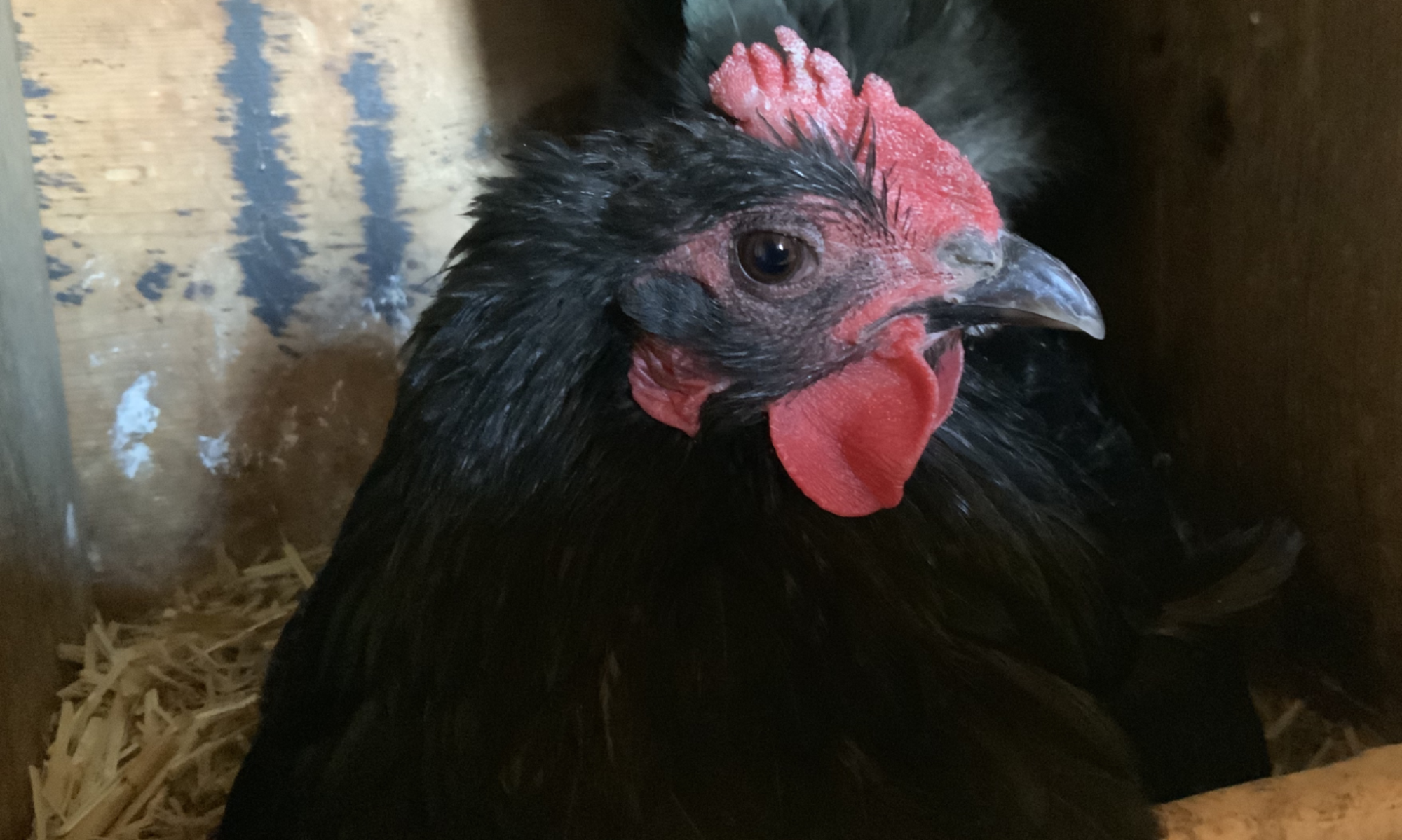Can you believe that it’s January already!? It’s time to start planning out my spring garden. Here are some vegetables that I like to plant every year because I know that I will have plenty to satisfy the needs of my family, plus have lots of extras to feed my animals. I also know that including a rotation of these nutritionally dense foods in the diets of my animals will aid in promoting good health.

The first food is tomatoes, especially cherry or grape tomatoes. One cherry tomato plant seems to produce hundreds of little tomatoes. I have enough to put in salads, enjoy with a little mozzarella cheese and Italian dressing, AND supplement my chicken’s diet. Tomatoes are rich in antioxidants, fiber, and potassium, as well as vitamins A, C, K, and B9. Those little red fruits can be one of the most nutritious sources of food that your chickens will love to peck at.
We all know the joke about not leaving your car unlocked at church on Sunday, or you might come out and see that it’s been filled with your neighbor’s excess zucchini! I like to use zucchini in salads, eat it fried, and bottle relish, but if you can keep those pesky squash bugs at bay, you can have plenty of this vegetable to share with your birds and other farm animals, all summer and well into the fall. Zucchini is not only safe for chickens but also offers a range of nutritional benefits such as vitamin A, vitamin C, potassium, and dietary fiber. Including zucchini in your chickens’ diet will benefit them and help you make good use of all the zucchini the neighbors provide.
Cucumbers are another crop that is refreshing to use in summer salads, solo with a little dip, or in vinegar with onions. Even if you bottle some for pickles and relish, there always seems to be plenty of these crisp vegetables to share with the chickens. Chickens can eat the flesh, peels, and cucumber seeds. Cucumbers are a healthy food source rich in vitamins A, C, B6, and K, as well as manganese and copper. Because cucumbers contain a lot of water, they can be very beneficial in helping to keep your birds hydrated on those hot summer days.

Greens! Lots and lots of greens! From leafy salad greens to kale and Swiss chard, your animals will thoroughly enjoy sharing these delightful treats with you. Greens, especially salad greens, are easy to grow in the garden, in containers, and even in hydroponic gardens. Some of my favorites include leafy lettuce, which provides a lot of nutrients like vitamins A, B-complex, C, K, folate, and lots of water! Curly kale is another one of my favorites, which includes much of the above, as well as manganese, calcium, and potassium. Rainbow Swiss chard boasts the addition of vitamin E and phosphorus, as well as fun and colorful stalks.

Let’s not forget pumpkins. Pumpkins are always a staple of my garden. I love their bright orange color in my fall garden and as fall decorations around my home. It’s always a surprise to see how many more pumpkins I actually end up with as they begin to turn color, then what I am able to spy when they are green. I don’t usually use a lot of pumpkin in my cooking, but all my animals, dogs, goats, chickens, ducks, and rabbits, love the orange flesh and jumbo seeds. Farmers have long believed that feeding their animals the seeds of pumpkins was a natural wormer. Although pumpkin seeds contain cucurbitacin, a compound proven to be an effective wormer, there is discussion as to whether or not the handful of pumpkin seeds our chickens consume is enough to be effective. Regardless, it certainly won’t hurt them, and if there is a chance that they might help, I say go for it!
Giving some thought to planning your family garden and taking into consideration foods that are healthy and beneficial for your animals will not only help your animals enjoy feeding time more, but it will help with food costs, reduce waste, and promote good health. What fun things do you plant for your animals?


